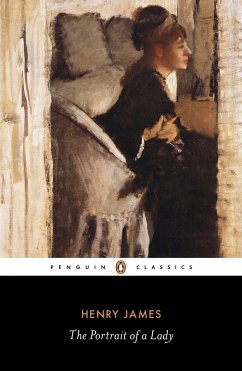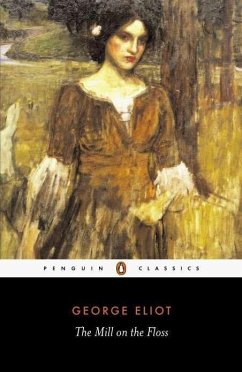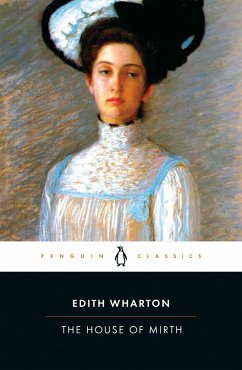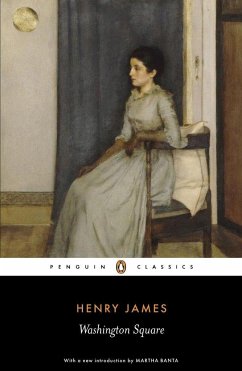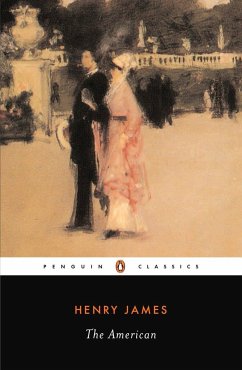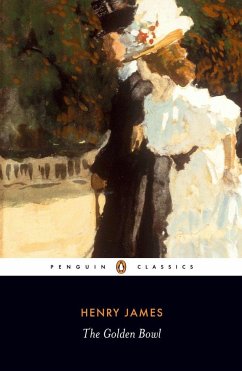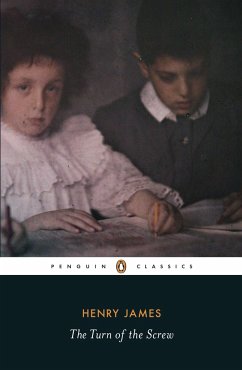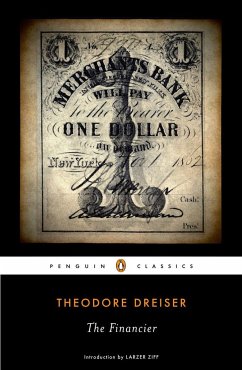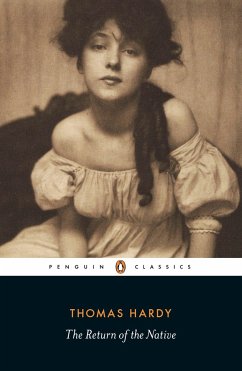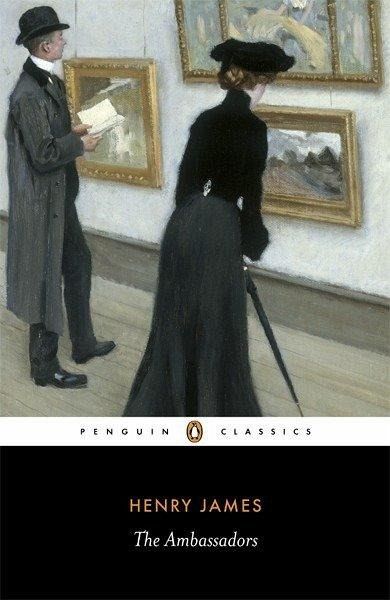
The Ambassadors

PAYBACK Punkte
5 °P sammeln!
Concerned that her son Chad may have become involved with a woman of dubious reputation, the formidable Mrs Newsome sends her 'ambassador' Strether from Massachusetts to Paris to extricate him. As the summer wears on, Mrs Newsome concludes that she must send another envoy to confront the errant Chad.





